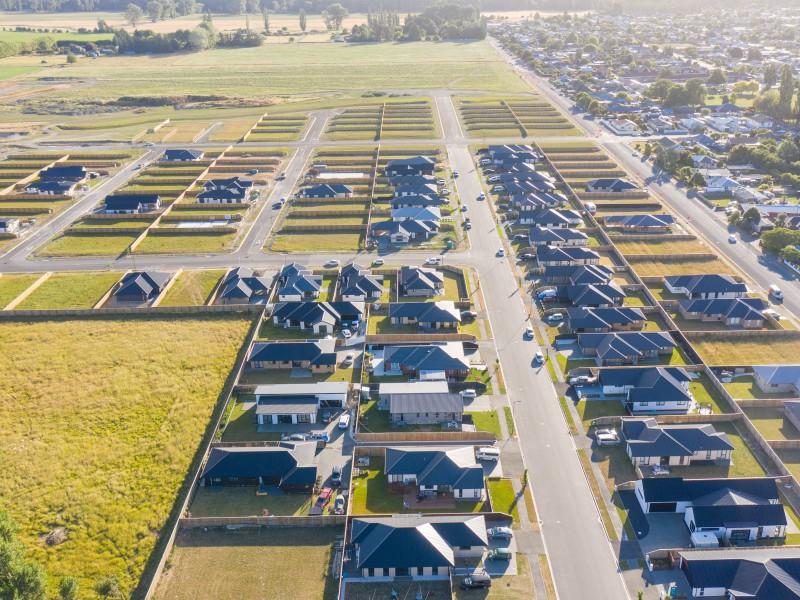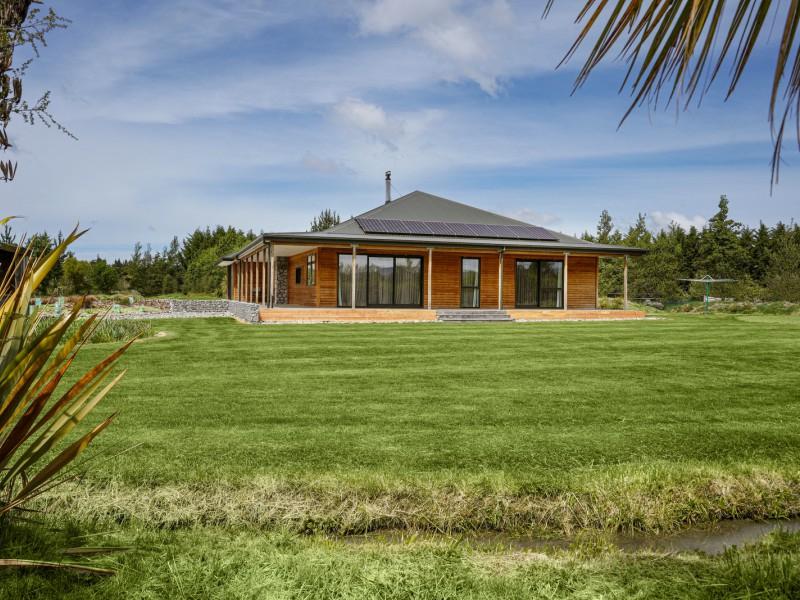‘Million dollar view’ campsite closed and blocked by bollards
By Jonathan Leask, local democracy reporter
A popular camping spot with “million dollar views” in Mid Canterbury has been closed and blocked by bollards - infuriating locals.
Hakatere Huts is a coastal settlement at the Ashburton/Hakatere River mouth, which splits into two parts, upper and lower, based on the landscape's geographical divide.
Upper Hakatere had a camping area for about 60 years until the council closed it last year.
Wooden bollards were installed in February 2023 to block vehicle access and signpost it as a picnic area, while new picnic tables were installed. Camping is now restricted to Lower Hakatere.
Hakatere Hut representatives said it caught the residents by surprise as there had been no consultation.
Residents Gary Clancy, TJ Jonker, and Fritha Tagg are leading a campaign to bring back the campground, or at least get rid of the bollards.
“It was so easy to put them in, it would be so easy to take them out.”
The bollards don’t fit with the aesthetic of the site and are more suitable “in a farmyard or a prison”, Yonker said.
The council explained it was an operational decision in response to complaints, safety concerns, and wanting camping at the settlement to be self-funding.
Council business support group manager Leanne Macdonald said it had been discussed with hut residents last year.
The campground caretaker left and they were unable to fill the role so they needed "to limit where campers camp to keep maintenance and cleaning work down”, she said.
“When we met with the residents, we clarified that the minimal income received from people camping in this area did not cover the cost of a caretaker, and any cleaning or maintenance is primarily funded by the general ratepayer.”
However, Clancy said he didn't believe the suggestion it needed to be self-funding was a credible argument, based on other reserves, camping and picnic areas he looked at in the district.
Coastal erosion was also cited as a factor in the decision, but a setback fence was installed in 2017 to stop heavy vehicles from parking near the cliffs, Clancy said.
“There are plenty of examples of places where there is no overnight camping but you can picnic and people can park their vehicles on the grass without bollards, so why not here?” Clancy said.
“[Visitors] came here for the million dollar view. You never see anybody here now.”
Tagg said the bollards, parking, and undulating terrain also made it hard for the elderly and those with mobility issues to use the picnic tables.
“There were lots of people that would come for a picnic, cup of tea or sit for a while and soak in the view but they can’t do it now.
“The bollards prevent anyone from parking close."
Jonker said there was no signage to let visitors know of the change.
In response, McDonald said each area in the district was treated uniquely with its own appropriate solution.
“The bollards were primarily installed to discourage camping and direct campers to the lower level.
“We also hoped to create a picnic area that encouraged day visitors to enjoy the picnic area and the views on the upper level.
“People can, and still do park at the site."
The bollards make the picnic area a safe space for families with children, she said.
Additional signage to direct campers to Lower Hakatere would be considered, McDonald said.
The residents plan to present a petition to the council and submit to the long-term plan, calling for the campground's reinstatement, or at least the removal of the bollards.
The long-term plan is proposing to replace the old toilets at Lower Hakatere with a $240,000 new toilet block.
“Since we are encouraging campers to use lower Hakatere campsite, we are proposing to replace the existing septic tank toilets with new dry vault facilities nearer to the camping area, and away from the eroding coastline,” McDonald said.
The old changing shed was slated for demolition, but after discussion with the residents, it is set to be repurposed as a shelter, she said.
Worst Xmas ever?
There's a a lot of planning that goes into Christmas day and sometimes things just don't go to plan. But it can be a good thing - a family mishap or hilarious memory that you can laugh about in Christmases to come.
Whether you burnt the dinner or were stranded at an airport...
Share your Christmas mishaps below!

⚠️ DOGS DIE IN HOT CARS. If you love them, don't leave them. ⚠️
It's a message we share time and time again, and this year, we're calling on you to help us spread that message further.
Did you know that calls to SPCA about dogs left inside hot cars made up a whopping 11% of all welfare calls last summer? This is a completely preventable issue, and one which is causing hundreds of dogs (often loved pets) to suffer.
Here are some quick facts to share with the dog owners in your life:
👉 The temperature inside a car can heat to over 50°C in less than 15 minutes.
👉 Parking in the shade and cracking windows does little to help on a warm day. Dogs rely on panting to keep cool, which they can't do in a hot car.
👉 This puts dogs at a high risk of heatstroke - a serious condition for dogs, with a mortality rate between 39%-50%.
👉 It is an offence under the Animal Welfare Act to leave a dog in a hot vehicle if they are showing signs of heat stress. You can be fined, and prosecuted.
SPCA has created downloadable resources to help you spread the message even further. Posters, a flyer, and a social media tile can be downloaded from our website here: www.spca.nz...
We encourage you to use these - and ask your local businesses to display the posters if they can. Flyers can be kept in your car and handed out as needed.
This is a community problem, and one we cannot solve alone. Help us to prevent more tragedies this summer by sharing this post.
On behalf of the animals - thank you ❤️

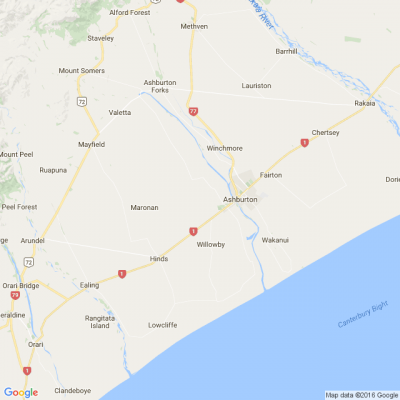
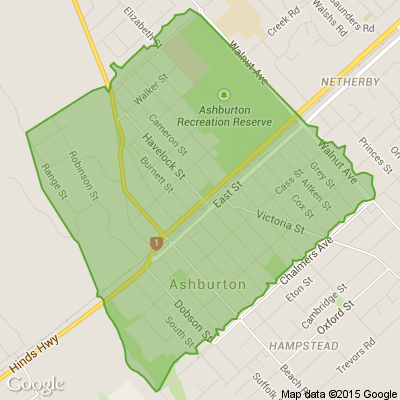




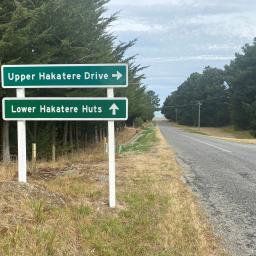
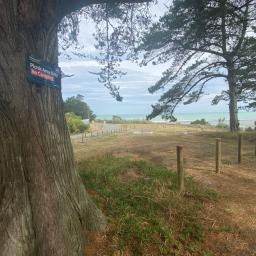
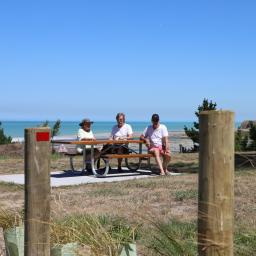
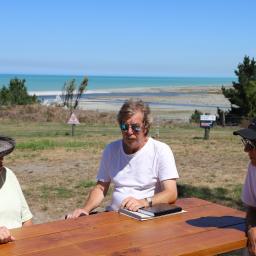

 Loading…
Loading…













